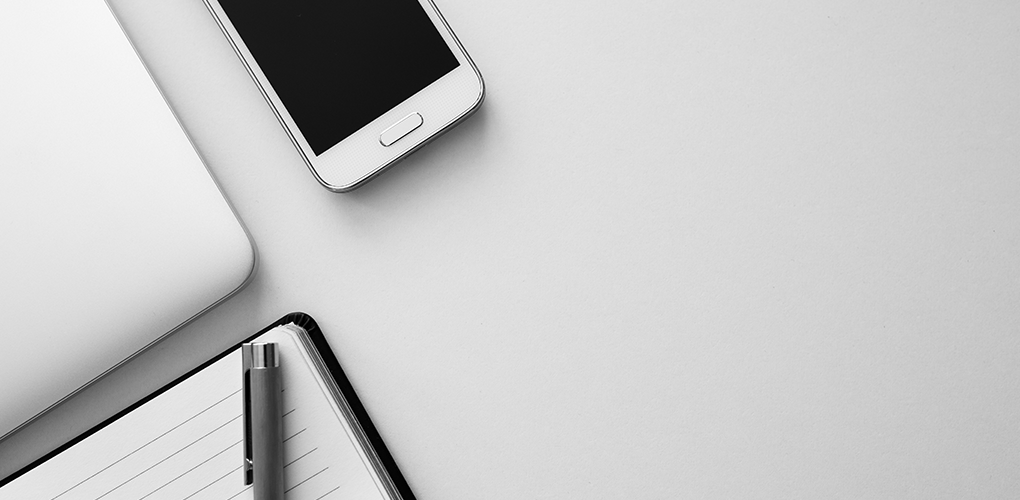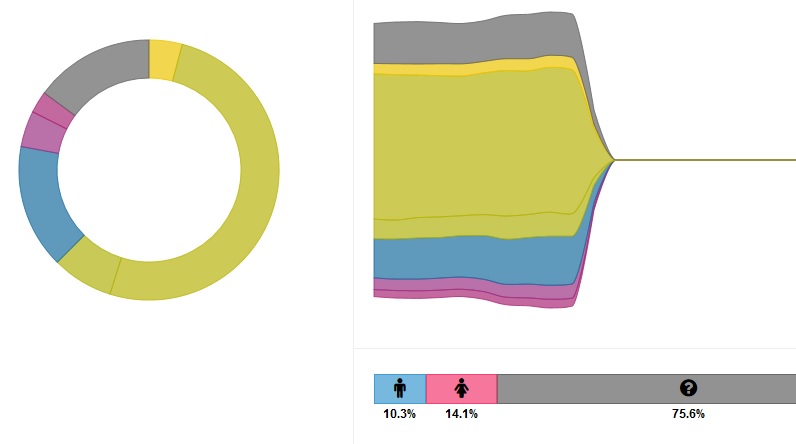Tech Will Revolutionise the Traditional Healthcare System

CSIRO’s We Feel is a project that aims to verify whether our emotions can be accurately mapped using data from social media. We Feel studies the words people use in their Twitter posts, and maps these words to a wheel of emotions; a colourful hierarchy of joy, love, surprise, sadness, fear and anger.
By analysing Twitter posts, We Feel helps researchers understand how strongly our health and emotions are affected by social, economic and environmental factors such as weather, time of day or the news of a major disaster.

Photo courtesy of CSIRO
Research scientists focus on quantifying signals in tweets or alternatively, in metadata in an attempt to identify, in real-time, trends in mental illness. At the moment, research and potentially life-saving public health programs are based on statistics that may be up to five years old. Tracking social media is an innovative method of potentially identifying trends in mental health as it is up-to-the-minute, unlike traditional methods of research. Using technology removes the need for outdated textbooks and paper documents. Liquid State supports this move to technology as it has the potential to completely transform current methods of health research.
The Ability of Apps
Phone sensors could potentially be used to track mental health outside of formal treatment or between therapy sessions. Phones now have the ability to build a model of their owner’s behaviour and thus, detect abnormalities in behavioural patterns. For example, changes in sleep cycles (which often accompany mental illness) can be identified by movement-sensors and activity. Lethargy can also be detected using movement-tracking sensors such as GPS. There are also physiological markers that can assist in tracking mental health. These markers include heart rate, skin temperature, facial expressions and patterns based on vocal features. Apps have the potential to change the way the health system operates as they can provide more efficient methods of identifying mental and physical health issues in individuals.
Treatment at an Individual Level
Tech can go beyond identifying and tracking health issues in the traditional healthcare system. It could also become a part of treatment and consultation. People with little access to healthcare now have the ability, through the use of apps, to begin the process of screening mental health, without having to seek out a qualified clinician. And it’s not just remote areas which could benefit from tech. Those with easier access to healthcare may soon notice that positive, technology-driven changes are being made to the way doctors consult with patients and change the dynamics of the traditional healthcare system. Apps can be used by doctors to supply patients with personalised information. Even something as commonplace as an information brochure could be more effectively consumed through an app. Information can now be delivered directly to a person’s phone from any place, at the exact time it is needed. Even now, apps have the ability to facilitate personalised treatment programs for patients dealing with illnesses.
Liquid State recognises that content is most effectively distributed when in a digital state, and supports using technology to track trends and manage individual health issues. Distributing information through apps is a method far more efficient than the traditional use of paper documents. Apps can be used to distribute relevant content, at the right time, in a searchable and easily-accessible manner.

